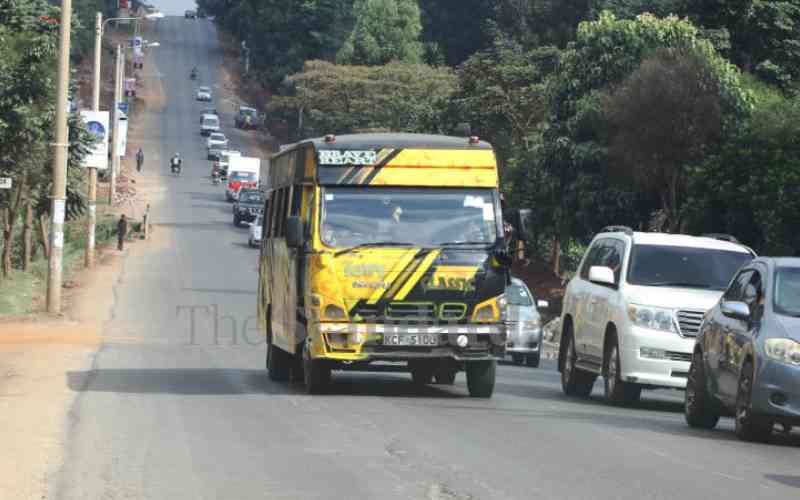×
The Standard e-Paper
Fearless, Trusted News

About 10 years ago, the entire stretch of Kiambu Road from Muthaiga Golf Club all the way to Kiambu town had no visible building in sight.
In the recent past, there has been a population explosion with multiple residential areas burgeoning through what was once almost exclusively farmlands.